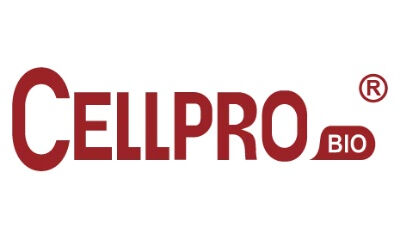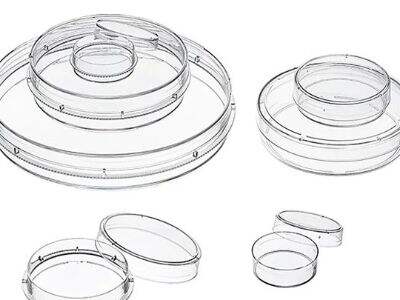What are Immunoassays?
Immunoassays — some of the specialty tests doctors order to look for specific things inside us They may be hormones, proteins, medicines, or toxic chemicals that can cause us to be ill. When they test to see at least these substances in our body, doctors sample from our blood, urine, saliva, or spinal fluid.
Shengke Immunoassays are highly sensitive and they are able to detect these substances even when present at very low concentrations and in presence of background contaminants. In other words, not only can the immunoassay detect the presence of a substance in our body, they can also detect very tiny quantities of a such substances. These tests work by relying on special helpers called antibodies. Antibodies are like little detectives that can identify and bind to the substance they are seeking. This forms a particular combination with the substance called an antigen-antibody complex when the antibody attaches to the substance. This complex can then be detected by various methods such as changes to colour or light
How Do Immunoassays Aid in Disease Detection?
Early detection of diseases is crucial since it greatly improved treatment outcomes for an individual. When doctors are able to detect a disease before its symptoms develop, it is easier to treat and associated with better outcomes. Immunoassays 50ml pipette promised to transform doctors’ abilities to diagnose disease by enabling them to find “biomarkers.” Biomarkers are signals, or signs of disease in the body that have yet to make a person feel sick.
For instance, a straightforward blood test through an immunoassay can search for a substance known as prostate-specific antigen, or PSA. The prostate gland produces this protein, and if there’s a high level of it in the blood, it could signal early-stage prostate cancer. Catching this early can provide the person with a better chance to get the right treatment in time. Immunoassays 1ml serological pipette can also detect antibodies that our body produces as it fights off infections.
In hospitals and clinics, immunoassays
Immunoassays are commonly used in a variety of settings such as hospitals, clinics, and research labs. Doctors and researchers can use 50 ml serological pipette several different types of immunoassays to test for different health problems. They include ELISA, Western blot, radioimmunoassay (RIA) and lateral flow tests.
Above: The ELISA is probably the most common steroid / hormones / sulphydryl based germ detection immunoassay That is the test in a pregnancy test, where you want to know whether or not someone is pregnant, or with HIV tests among other tests that can be done, whether someone has the virus.
One such test is the western blot, which confirms the presence of HIV and other viral infections. It uses a process that searches for specific proteins that signal that the virus is in the body.
Hormones such as thyroid hormones or cortisol (important for many functions in our body) are typically measured with radioimmunoassay (RIA).
Lateral flow tests are on-site rapid tests. This makes these tests great for me for checking if drugs or toxic substances.
New Advances in Immunoassays
Immunoassay is a highly dynamic field, with new concepts and technologies being introduced frequently. Point-of-care (POC) immunoassays are a particularly exciting area of growth. They can be done quickly and easily in a doctor’s office, at home, or even in low-resource settings. POC immunoassays generally are easy to use and require minimal equipment while delivering results relatively quickly. That makes them really useful for rapid diagnosis, follow-ups or health screening.

 EN
EN
 AR
AR
 BG
BG
 HR
HR
 CS
CS
 DA
DA
 NL
NL
 FI
FI
 FR
FR
 DE
DE
 EL
EL
 HI
HI
 IT
IT
 JA
JA
 KO
KO
 NO
NO
 PL
PL
 PT
PT
 RO
RO
 RU
RU
 ES
ES
 SV
SV
 TL
TL
 IW
IW
 ID
ID
 SL
SL
 UK
UK
 VI
VI
 HU
HU
 TH
TH
 TR
TR
 AF
AF
 MS
MS
 GA
GA
 BE
BE
 IS
IS
 HY
HY
 LO
LO
 NE
NE
 MY
MY






